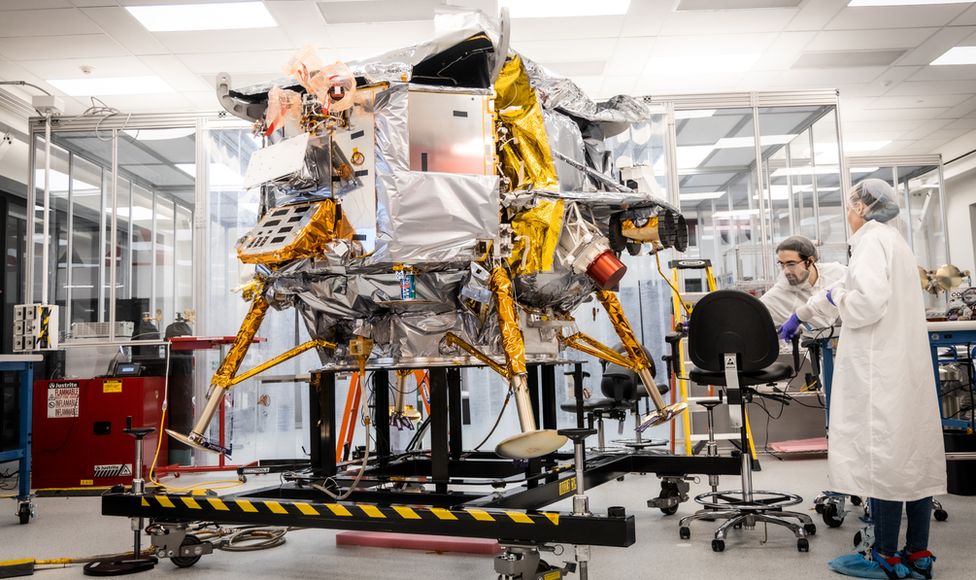-

-
-
Loading

Loading

The private US Moon mission, launched on Monday, has encountered technical difficulties, according to the Astrobotic company responsible for the project. Their spacecraft, Peregrine, experienced an "anomaly" that prevented it from properly positioning its solar panels towards the Sun, resulting in the inability to charge batteries and maintain a power supply. Astrobotic assured that engineers are currently working on resolving the issue and promised to provide updates as soon as more information becomes available. The 1.2-tonne lander was launched from Cape Canaveral, Florida, using a Vulcan rocket. It aims to achieve the first soft landing on the Moon by an American mission in 50 years, marking the inaugural commercial endeavor to do so. NASA has purchased capacity on the lander for five instruments to study the lunar environment before sending astronauts later this decade. Astrobotic provided an update on the mission seven hours after lift-off, stating that communications with Peregrine had been established, and all systems were functioning correctly as intended. However, an anomaly occurred, preventing the spacecraft from properly orienting itself towards the Sun. Astrobotic emphasized that its team is actively responding to the situation and will release further information as they gather and analyze more data. It is not uncommon for spacecraft to experience technical issues, and Astrobotic engineers will have prepared for various fault scenarios. The spacecraft itself has likely been programmed to prioritize power and communication with Earth, ensuring its protection during such events.